 |
| June 19, 2020 |
Dear Reader,
Here are highlights from today's top stories: Since public health experts predict COVID-19 will still be a threat this fall, Americans can expect that some social distancing recommendations will remain during the November presidential election. Political scientists say the ability to vote by mail, as well as attitudes about the danger of voting in person could swing the contest. Next up, climate change and habitat loss are two huge threats to animal and plant survival, but a new study shows how managing both factors could help prevent extinctions. And lastly, CERN has taken a major step towards building a 100-kilometer circular super-collider to push the frontier of high-energy physics. Also, today is the 155th anniversary of Juneteenth, a holiday celebrating the end of slavery in the United States. Commemorate the occasion by reading research and journalism that amplifies Black voices in a free collection recently launched by Scientific American and our parent company Springer Nature. |
| | Sunya Bhutta, Senior Editor, Audience Engagement
@sunyaaa | |
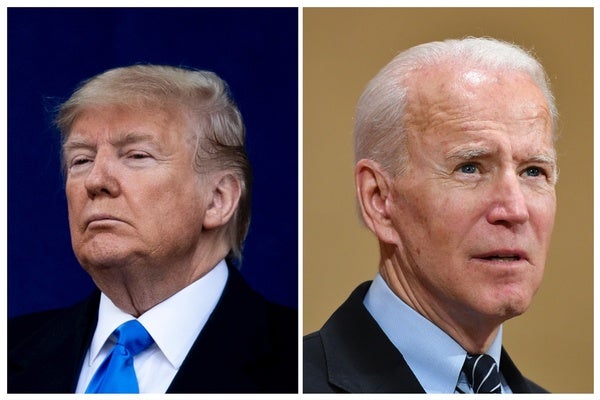 |
| |
| |
| |
| |
| |
| |
| |
FROM THE STORE
 | | Ask the Experts: The Environment The fourth eBook in our Ask the Experts series, The Environment tackles questions about the world around us. In these pages, our experts field queries on the weather, natural disasters, natural resources, climate change and unusual phenomena. |  | | |
| |
FROM THE ARCHIVE
 | | | |
LATEST ISSUES
 |
| |
| Questions? Comments?  | |
| Download the Scientific American App |
| |
| |



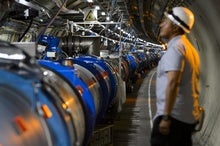
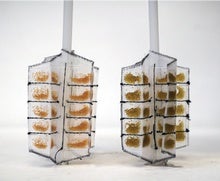
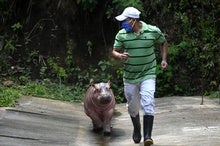
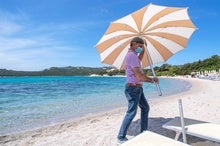
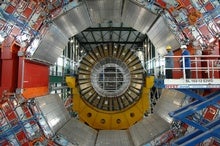
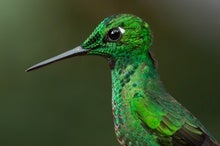
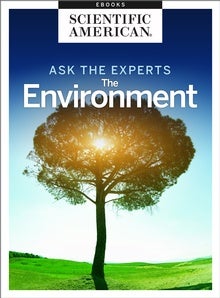

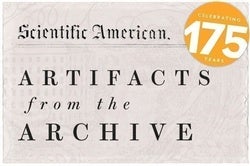
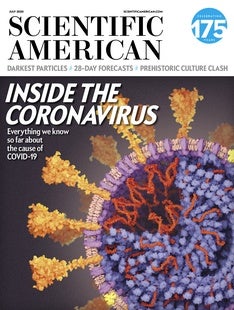

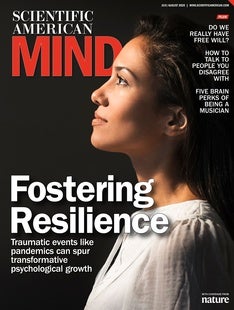
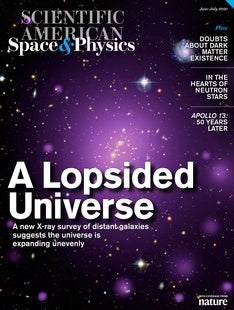
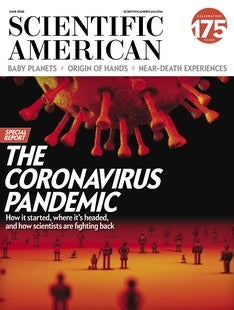



Comments
Post a Comment